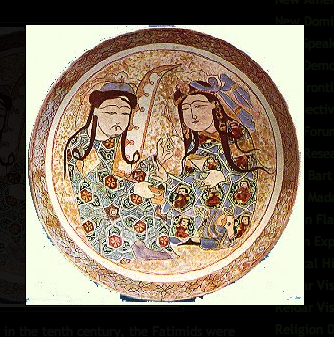We are reading “Bartleby, the Scrivener” with my composition class. I have reasons to suspect that the students hate the entire experience: Melville, Bartleby, and me, but with the perseverance, worthy, perhaps, of a more effective application, I stay the course. And what to do? My syllabus says “Bartleby,” and I can’t change anything in the middle of the semester. I come to this campus twice a week, hunt for parking spots, usually occupied by nice cars belonging to smartly dressed men who arrived to participate in one of the networking events organized by the School of Business, and drag my heavy bag on wheels to class; nobody gives offices to adjuncts, and I am an adjunct. The whole picture is quite in line with Melville’s famous vision: the bustle and uproar of Wall Street, the Lawyer in an expensive jacket, and the army of underpaid adjuncting Bartlebies who either write or, trapped in yet another fit of despair, prefer not to.
My students genuinely despise Bartleby for being lazy. They also praise the Lawyer for being a “good man.” My first line of defense is usually Melville himself. I ask the students to turn to page four of our Dan McCall edition, where the Lawyer is bragging about “the late John Jacob Astor” who used to be his cherished mentor. Historical truth aside, even from the description the Lawyer provides one could see (or so I hope) that John Jacob Astor was but a callous, ignorant guy with a lot of money. The Lawyer portrays him as “a personage little given to poetic enthusiasm,” and I read this phrase to my students out loud. Surely a guy mentored by someone like this cannot be “a good man!” But my students look at me in consternation. After a few more minutes it becomes clear that “poetic” in their mind is an antonym of anything or anybody good, pleasant, “normal” (they like the word” normal”), happy, socially apt, and hard-working. What are writers good for, anyway? – my students ask.
And there we pause.
The problem of writing so often comes down to the problem of opposing the rest of the society, which sees a “scrivener” as a vermin of sorts, or at least demands that one be “useful.” In this sense, my own journey as a writer is not a very original one: growing up, I read a lot, partly because there was nothing else to do in the former Soviet Union; I did poorly at school; I never wanted to do anything else but write, and, of course, very few took me seriously, and very many told me that I should “strive to do make something out of myself” and “writing does not pay the bills.” I did not even have the option of an MFA haven, as in Ukraine at the time there were none. A writer in my part of the world was a very extreme choice: extremely good or extremely bad. The Slavs, in some ways, love their poets; their poets are more than poets – they are the nation-makers. We had no George Washingtons and Benjamin Franklins, for better or worse. But Ukraine had Taras Shevchenko, Poland – Adam Mickiewicz. A poet had to constantly keep in mind his or her ideological usefulness to the nation.
This once prompted a Polish poet of the 20th century, Jan Lechoń, to exclaim: “A wiosną niechaj wiosnę, nie Polskę, zobaczę” (“And in the spring let me see spring, not Poland”), rejecting this kind of an attitude and advocating the freedom of individualized expression. Our poets were prophets and martyrs – unless they were not, and then their status was closer to that of a proverbial Bartleby. There was very little middle ground. One way or another, it was the relationship between the writer and the society and the tensions it produced that was emphasized. I suppose I have lived for far too long in the shadow of a big Eastern European question: Why do you bother to write if you cannot serve your nation or at least feed yourself? – to be able to defend Bartleby effectively. And I pause, thinking of what to say and how to say it without alienating my students – from myself, from Melville, from Bartleby.
…When doing my Fulbright in Poland, I went to the neighboring Germany to visit my German translator who lives in Berlin. She and her husband spent two days with me, and then I was on my own because they worked. I wandered from one spot to another, and from one museum to another, too, doing all the touristy things. My last one for that particular day was Pergamon. I was very tired after a long day of walking and was falling asleep on the marble stairs, at the Pergamon Altar, in the ancient world section. Then I went to see an exhibition on Islamic civilizations. I remember I was particularly fascinated by the Fatimides – a culture with great literature, active until about the 12th century. The description especially emphasized their literature, apparently known all over the ancient world. And yet no writings were exhibited, only some jewelry and a few pieces of broken ceramics. The stones survived, the words did not. And now, contemplating the defense of Bartleby and his “poetic enthusiasm,” I am thinking that those pieces of stones are the best apologia of writing ever. What are writers good for? I don’t write to prophesy or hide from life. I write because I am a human being. These stones are the beginning of a space where I, as a writer, don’t have to define myself in opposition to those who don’t write, but instead see myself as a representative of a species capable of writing. Because this is all there is: hoping to convey a message and, at times, failing. And in this sense, who isn’t a writer?

